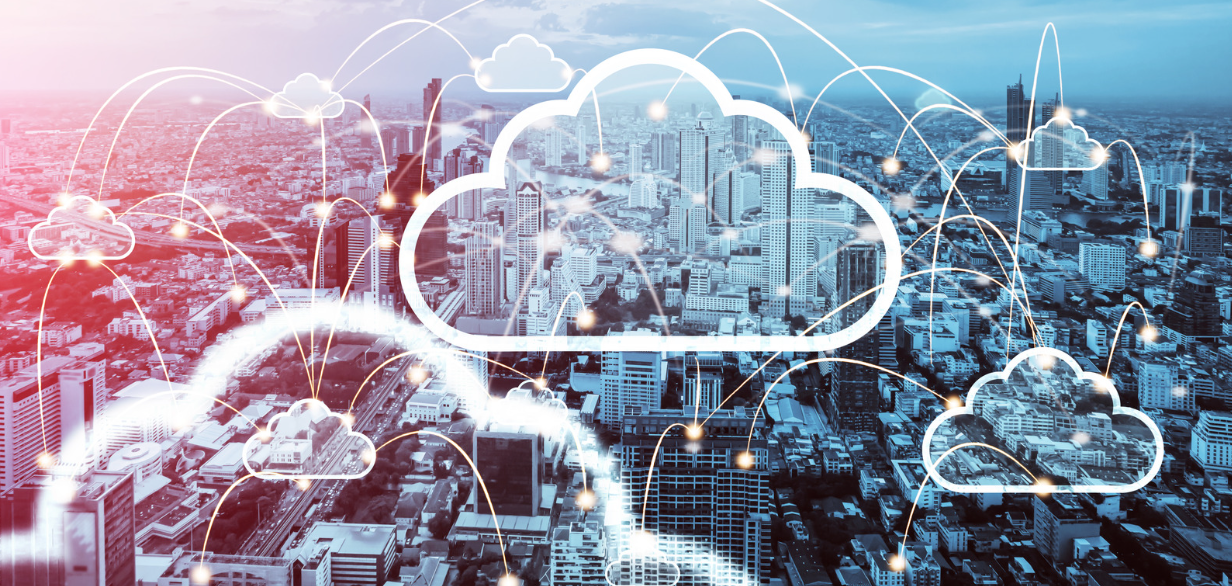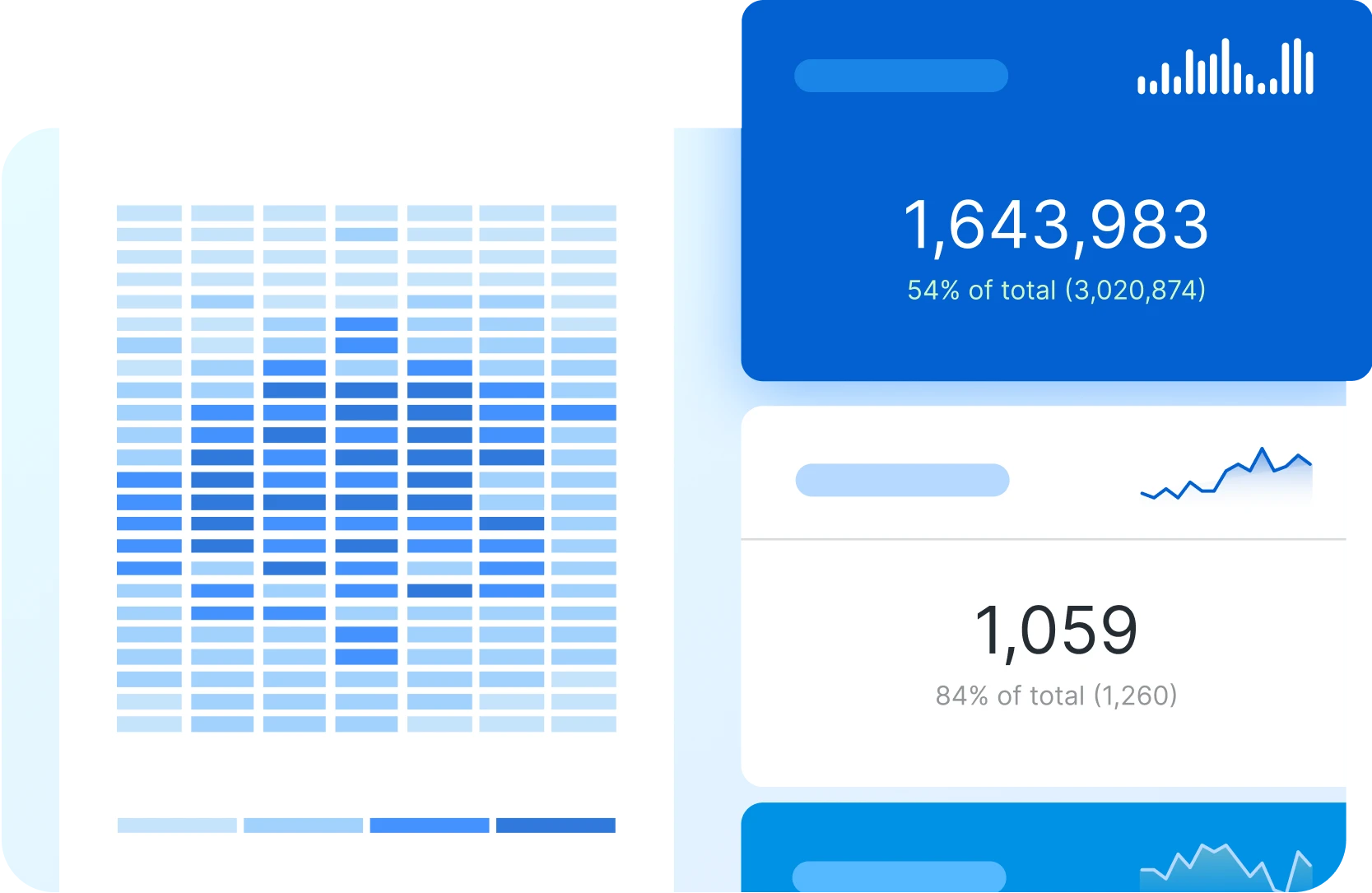In the digital age, where data breaches and cyber threats are increasingly common, ensuring the security of sensitive information has never been more critical, especially in industries like healthcare. When selecting an Enterprise Resource Planning (ERP) system, data security should be your top priority. An ERP system centralizes an organization’s operations, managing everything from patient records to financial transactions, making it a prime target for cybercriminals. Here’s why data security is paramount when choosing an ERP system and how the right choice can safeguard your organization against potentially devastating risks.
Protecting Sensitive Patient Information: Healthcare organizations are entrusted with vast amounts of sensitive patient data, including medical histories, treatment plans, and personal information. A data breach could not only compromise patient confidentiality but also result in serious legal and financial repercussions. The Health Insurance Portability and Accountability Act (HIPAA) and similar regulations mandate stringent protections for patient information, and non-compliance can lead to substantial fines. An ERP system with robust data security measures ensures that patient data is encrypted, access is restricted to authorized personnel, and any suspicious activity is quickly detected and mitigated. By prioritizing data security, healthcare providers can maintain patient trust and meet regulatory requirements.
Safeguarding Against Cyber Threats: Cyber threats are evolving rapidly, with hackers employing increasingly sophisticated methods to infiltrate systems and steal data. Without adequate security measures, an ERP system can become a gateway for cybercriminals to access sensitive information, disrupt operations, or hold data hostage through ransomware attacks. A secure ERP system incorporates advanced security features such as multi-factor authentication, end-to-end encryption, and AI-driven threat detection to defend against these threats. By choosing an ERP system with these protections, organizations can significantly reduce their risk of cyberattacks and ensure that their critical data remains secure.
Ensuring Compliance with Data Privacy Regulations: Data privacy regulations are becoming more stringent worldwide, with laws such as the General Data Protection Regulation (GDPR) in Europe setting high standards for data protection. Compliance with these regulations is not optional; failure to comply can result in severe penalties and damage to an organization’s reputation. An ERP system designed with data privacy in mind helps organizations adhere to these regulations by providing features like automated data protection protocols, detailed audit trails, and secure data storage options. Prioritizing data security when selecting an ERP system ensures that your organization can navigate the complex landscape of data privacy regulations with confidence.
Preventing Financial Losses and Operational Disruptions: A data breach can have far-reaching financial implications, from the direct costs of responding to the breach to the potential loss of business and damage to your brand’s reputation. Additionally, operational disruptions caused by cyber incidents can halt critical services, leading to further financial losses and negative impacts on patient care. Investing in a secure ERP system minimizes these risks by providing continuous monitoring, regular security updates, and disaster recovery capabilities. With a secure ERP system, healthcare organizations can avoid costly breaches and maintain uninterrupted operations, ensuring that they can continue to provide high-quality care without compromise.
Building Trust with Patients and Partners: Trust is the cornerstone of any successful healthcare organization. Patients and partners need to feel confident that their data is handled with the utmost care and security. A robust ERP system with strong data security measures demonstrates your commitment to protecting their information, which can enhance your organization’s reputation and strengthen relationships. By making data security a top priority when choosing an ERP system, you show that you value the trust that patients and partners place in you, which is crucial for long-term success.
In conclusion, data security is not just a feature but a fundamental requirement when selecting an ERP system, particularly in healthcare. Protecting sensitive information, safeguarding against cyber threats, ensuring regulatory compliance, preventing financial losses, and building trust are all critical reasons why data security should be at the forefront of your decision-making process. By choosing an ERP system with comprehensive security measures, you can protect your organization from the growing risks associated with data breaches and cyberattacks, while ensuring that you remain compliant with the latest regulations and continue to provide safe, reliable care to your patients.





